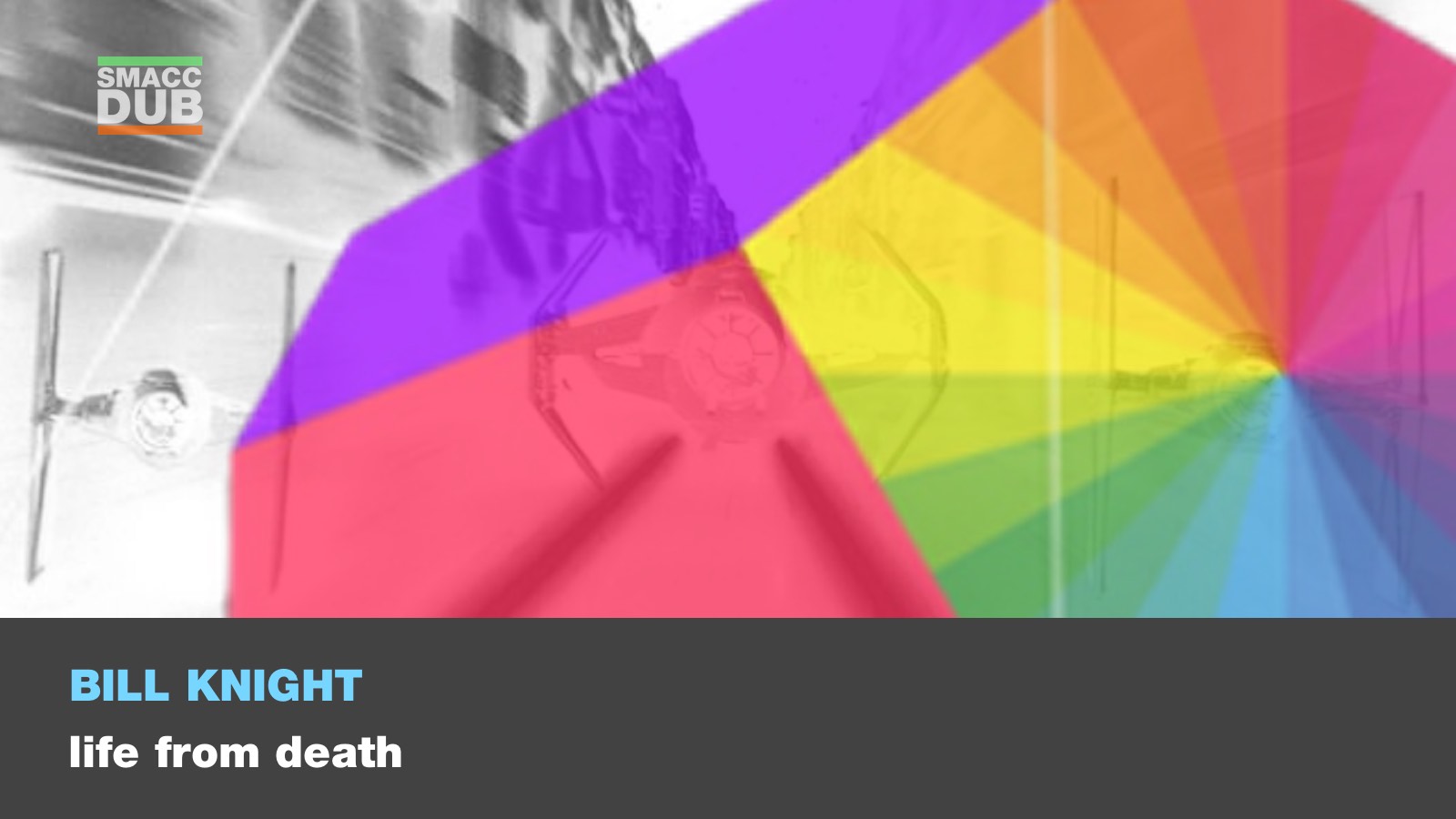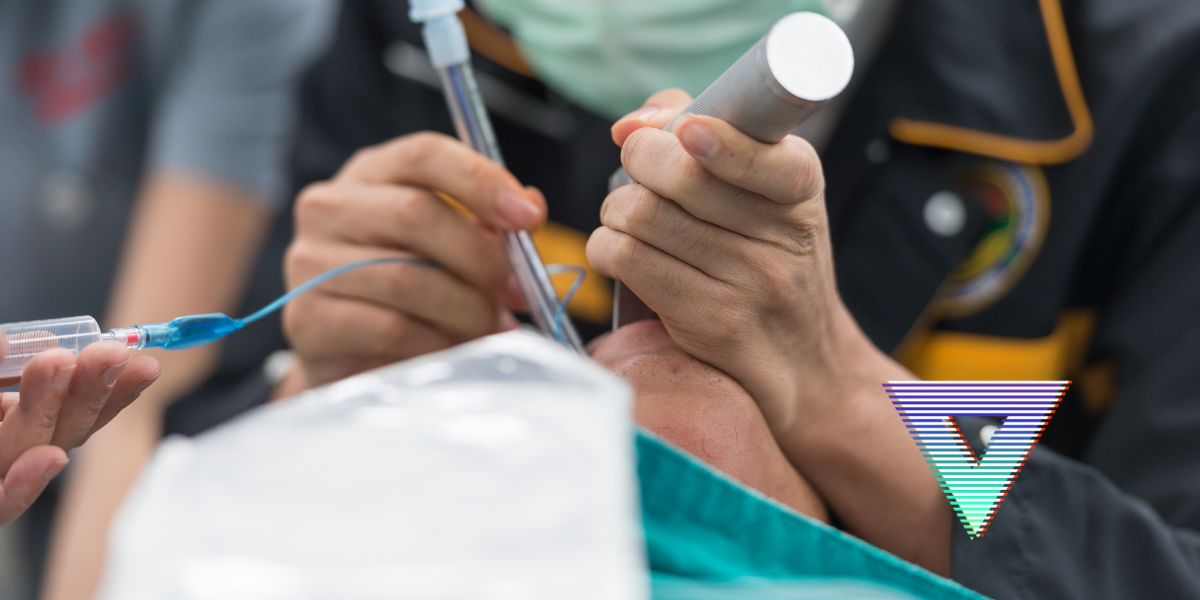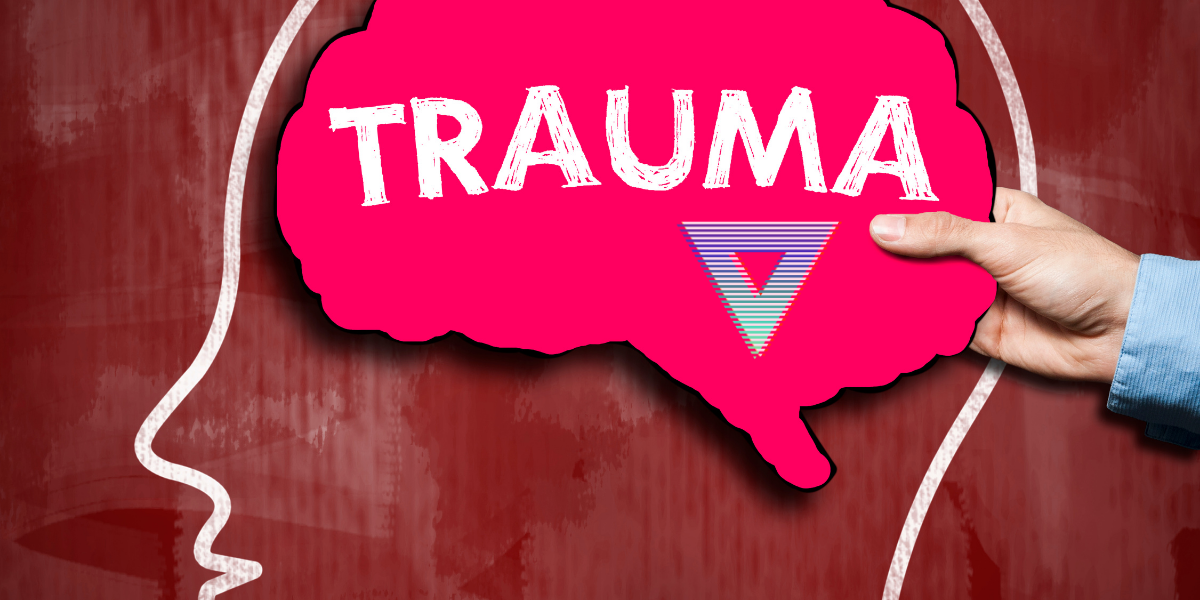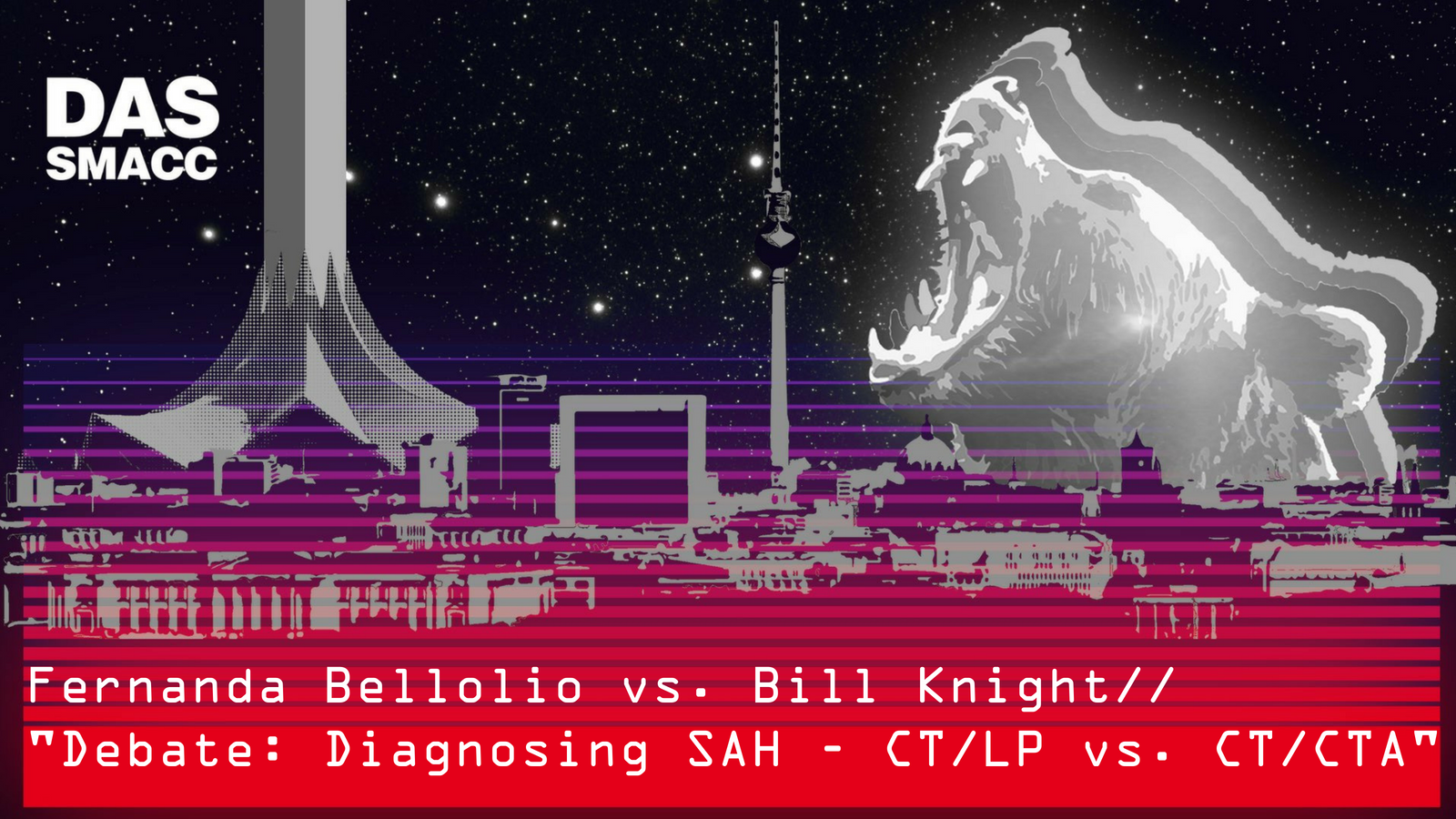Death by Neurological Criteria and Organ Donation: Bill Knight
Bill Knight explains the concept of death by neurological criteria and the complexities surrounding organ donation in such situations.
Bill discusses the process of dying, the definition of death, how to approach the neurologically dead patient and how to consider organ donation.
Death is a complex topic.
Due to advancements in medical technology and processes, the definition of death is a challenging one.
Bill talks at length about the definition of death by the neurological criteria. Dying is an active process, whereas death is an event.
The acceptance of death by the neurological criteria is often challenging as Bill will highlight. Bill talks about the care of the dying or dead patient.
There is a point at which care will transition from supporting the patient to supporting the organs. This is still good care.
There is an alignment of parallel intentions – first and foremost resuscitation of patients and then failing that, proceeding to considering and actioning organ donation. This is important due to the shortage of viable donor organ worldwide.
The donation process itself is complex. Bill provides his thoughts. He insists that an intensivist be involved as this has been shown to increase the number of viable and healthy organs made available.
The timing is also important. Available evidence does not support the need for immediate procurement after brain death. Taking time to optimise perfusion and allow recovery and cardiac function is appropriate and should be done.
Bill also discusses other treatment options at the time of death such as optimising endocrine function.
Finally, Bill will provide some practical considerations when communicating with the dead patient’s family. This involves being clear on your messaging. You are supporting organs, not life.
To reinforce this point, Bill suggests not examining or talking to the patient. He also recommends using all of the available hospital support services.
Similarly, it is best to not introduce the topic of organ donation to the family yourself as the treating clinician. Utilise the Organ Procurement Organisations (or similar services) and get them involved early to speak with the family.
Join Bill Knight in his talk on the North American perspective on Organ Donation, brain death and management of the brain dead donor prior to organ donation.
For more like this, head to our podcast page. #CodaPodcast
Bill Knight
Bill is an emergency physician and neurointensivist from Cincinnati, Ohio, USA, and has been a part of SMACC since Chicago.
He has the attention span of a squirrel, working clinically in 2 Emergency Departments, a Neuro ICU, a Surgical ICU, and taking call for the stroke team.
On the side, he serves as a concussion consultant to the National Football League with the Cincinnati Bengals.
He has been happily married for 16 years, with 2 amazing children. He and his wife enjoy juggling Irish Dance competitions, junior golf matches, school drama club, and band.
Bill is into golf, and with his handicap, he is more cost-efficient than most golfers – enjoying more strokes for his dollar per round. He also enjoys running obstacle course races and like a fine wine, he is trying to get better with age.





